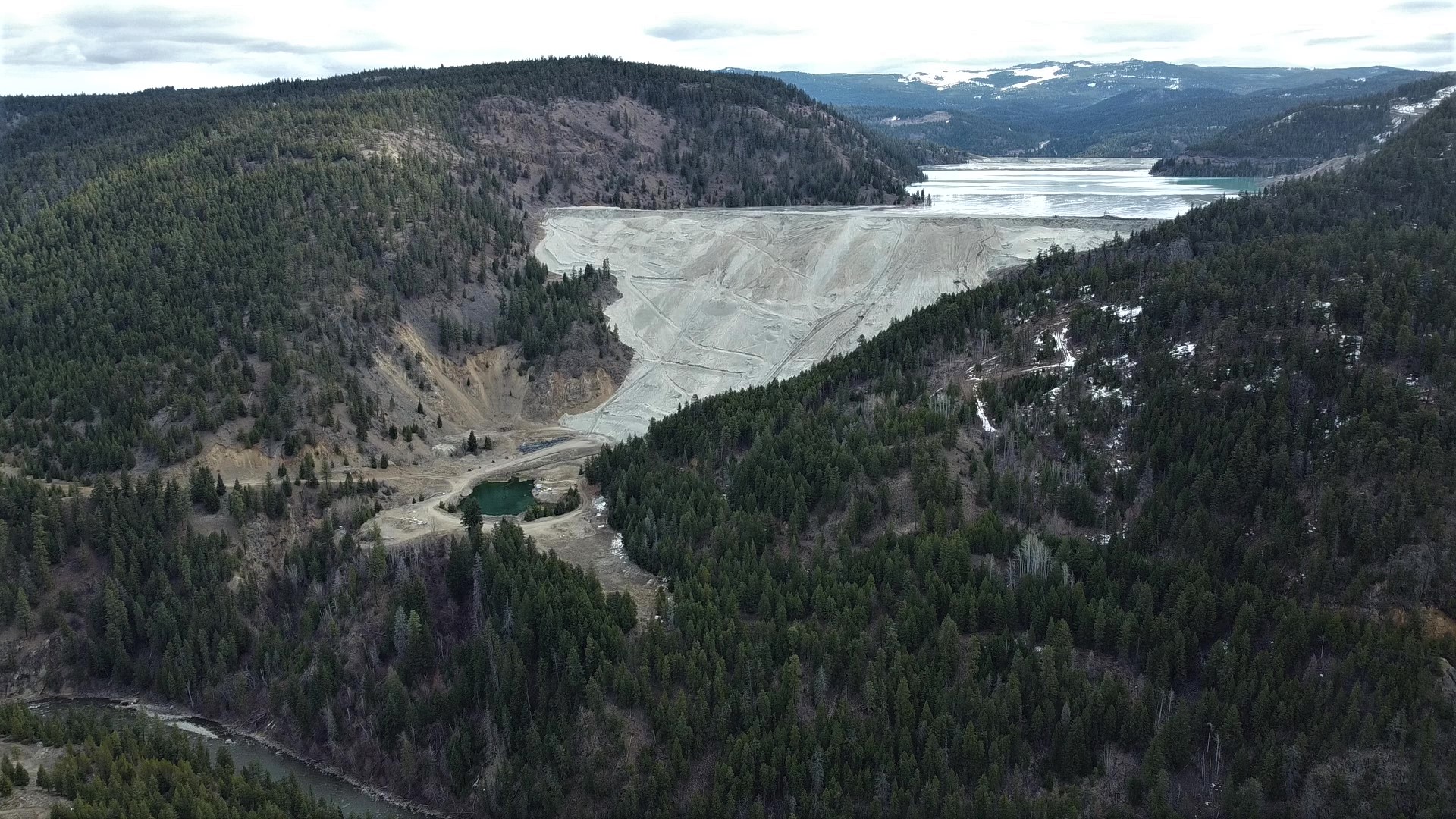Tell BC to assess the Copper Mountain Mine expansion

Public consultation period concluded for the the Copper Mountain Mine expansion
Thank you to everyone who participated in our recent public consultation regarding the proposed expansion of the Copper Mountain mine in British Columbia. Your voices and opinions are invaluable in shaping our approach to this significant environmental and cultural issue.
As a reminder, this consultation focused on the proposed expansion of the mine's tailings pond, which could become the world's second tallest, posing significant risks to local ecosystems and communities. The expansion, which lacks a mandatory environmental assessment due to regulatory loopholes, could profoundly affect the cultural practices, rights, and titles of the Upper and Lower Similkameen Indian Bands.
While the formal consultation period is now over, your involvement doesn't have to end here. We encourage you to stay engaged and informed. Visit our website to explore related content, including detailed reports, expert opinions, and ways you can continue to advocate for an environmental assessment of the expansion. Your ongoing support and action can make a crucial difference in ensuring responsible mining practices and protecting our environment and communities.
Together, let's keep the momentum going and ensure that the voices calling for environmental accountability and cultural respect are heard.
Related take actions
The BC NDP government is accepting comments on their draft framework until January 15. We need to send a clear message: prioritizing biodiversity and ecosystem health means passing a strong law to protect species, and we need to implement immediate measures to prevent ongoing species loss in the meantime!
For over six decades, the Tulsequah Chief Mine has been polluting the transboundary Taku watershed — covering 1.8 million hectares (18,000 square km) — with toxic acid mine drainage.
Federal officials are putting a cap on climate pollution from Canada’s oil and gas sector. It’s about time they reined in the most polluting industry in the country. But there’s a real risk they might exclude liquefied natural gas projects.